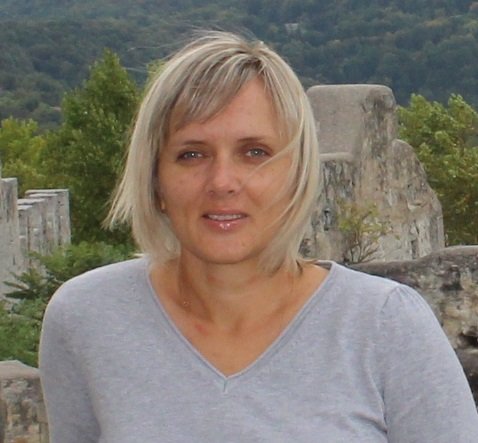Why be separated if we can network?
The Social entrepreneurship (SE) phenomenon is developing and receiving attention on a global scale. However, what is very often missing is close cooperation across borders, neighbourhoods, and communities. While taking care of social challenges in a specific geographical place, lack of proper cooperation and information between regions may lead to undiscovered solutions and methods in another place. As a result, the wheel has to be unnecessarily re-invented several times and extra human capacity wasted on things which have already been resolved in other areas. How to solve issues like this? Firstly, let’s imagine that Janis from Latvia has found some kind of solution regarding helping vulnerable groups in his community, he must have a tool, a method of spreading this solution. Of course, social media is a good tool, but what kind of target group should he choose to spread the message more effectively? In the 2014 Social Entrepreneurship Support Institutions around the Baltic Sea Region decided to come with some solutions, which might be reasonable to stimulate SE development in the region. In September 2014, the project under Erasmus+ program called “Social entrepreneurship development in the Baltic Sea region” was granted to come with inventive solutions, not only networking and sharing functions. The first meeting of the partners took place in Riga, November 10-12, merging with the Social Entrepreneurship Forum. Partners presented current status of social entrepreneurship in respective countries and participated in a discussion with national stakeholders.
At the first stage partners (duringthe end of 2014) made a survey, a short snapshot what is really going on around the Baltic Sea region in the SE sector. Participating partners from Denmark, Estonia, Poland, Sweden, Lithuania, Finland and Latvia gave updates on the different aspect of legal status, education and impact analysis.
The next meeting took place in March, 2015 in Tallinn. During the meeting partners discussed the current status of the project, as well as what can be done better and the next project results to be delivered. One of the important elements is an open education resource or platform, which is to combine different functions and help social enterprises and support institutions around the Baltic Sea to network more actively. The second day continued with a meeting with Estonian stakeholders.
At the next stage of the project, partners concentrated on the delivery of educational materials. As it is well known, a proper business model selection plays a crucial role in any business, including a social role. For that reason one of the aims was to deliver educational material about business models. Besides that, an important yet less researched topic is impact assessment; educational materials on this were also delivered. Finally, a national educational video has been delivered in the national language, to educate and motivate engagement in social entrepreneurship.
At the end of summer, partners are involved in the research and focus group task preparations. The main focus will be the delivery of special guidelines for public institutions, how to support and help social enterprises, based on solid examples, experts views and content analysis findings.
Last, but not least, the current stage (summer2015) for project partners is the process of drafting an open education resource, its services and content. Hence, any support or suggestions are welcome, to make networking alive, to foster self-education and allow social entrepreneurship to grow around the Baltic Sea region.
Our next gathering is planned to take place in Copenhagen, 12-13 of August, 2015. You are welcome to join our discussion session on the 13thof August from 10 am to 1 pm.
Place: VerdensKulturCentret, Sankt Hans Torv, Nørre Alle 7, København N
Theme: Status for Social Enterprises in Estonia, Latvia, Lithuania, Sweden, Finland, Poland and Denmark.
P.S. Just in case you want to know more about our project objectives:
- Facilitate SE sector development in the Baltic Sea region through proper adult education;
- Educate public bodies, municipalities, NGO’s and others about relevant tools of SE support at national and regional level;
- Research SE and share research findings, incorporate those in legislation, education and other support methods and tools;
- Start and promote an open educational tool as a network and start-up tool to start national and cross-border SE activities;
- Create stable SE support organizations network and SE network.
For more information contact the project coordinator Renate Lukjanska at renate.lukjanska@zinis.lv











This article offers a fascinating perspective on the subject. The depth of research and clarity in presentation make it a valuable read for anyone interested in this topic. It’s refreshing to see such well-articulated insights that not only inform but also provoke thoughtful discussion. I particularly appreciated the way the author connected various aspects to provide a comprehensive understanding. It’s clear that a lot of effort went into compiling this piece, and it certainly pays off. Looking forward to reading more from this author and hearing other readers’ thoughts. Keep up the excellent work!
Great article! I appreciate the clear and insightful perspective you’ve shared. It’s fascinating to see how this topic is developing. For those interested in diving deeper, I found an excellent resource that expands on these ideas: check it out here. Looking forward to hearing others’ thoughts and continuing the discussion!
The insights shared in this article are really valuable. The author’s approach to the topic was refreshing. I’m eager to hear different perspectives on this. What did you find most compelling?